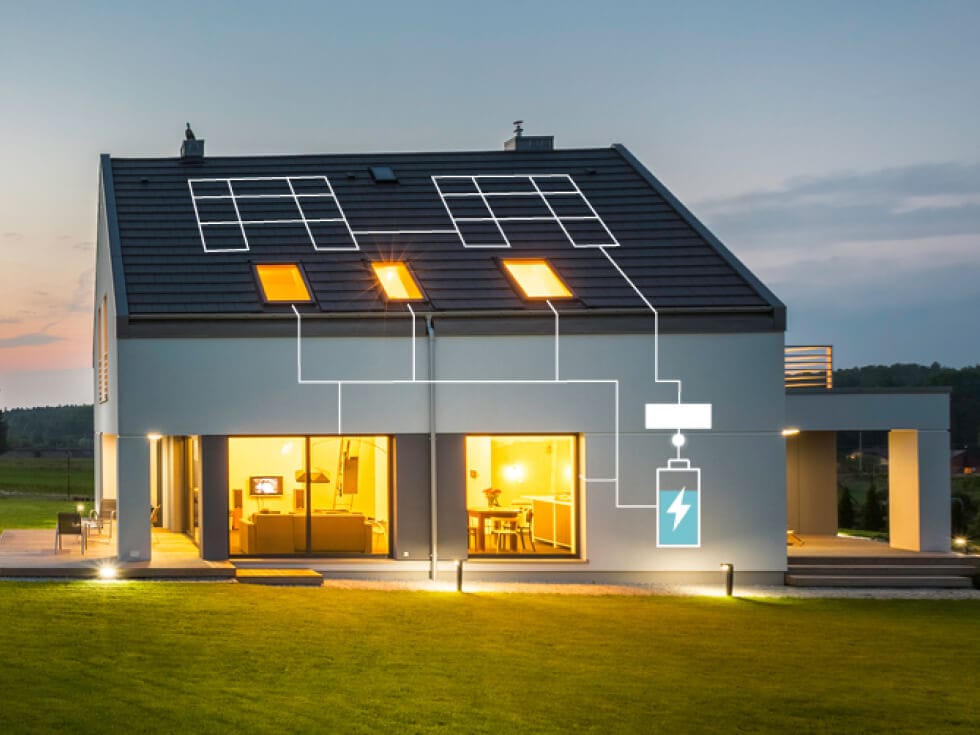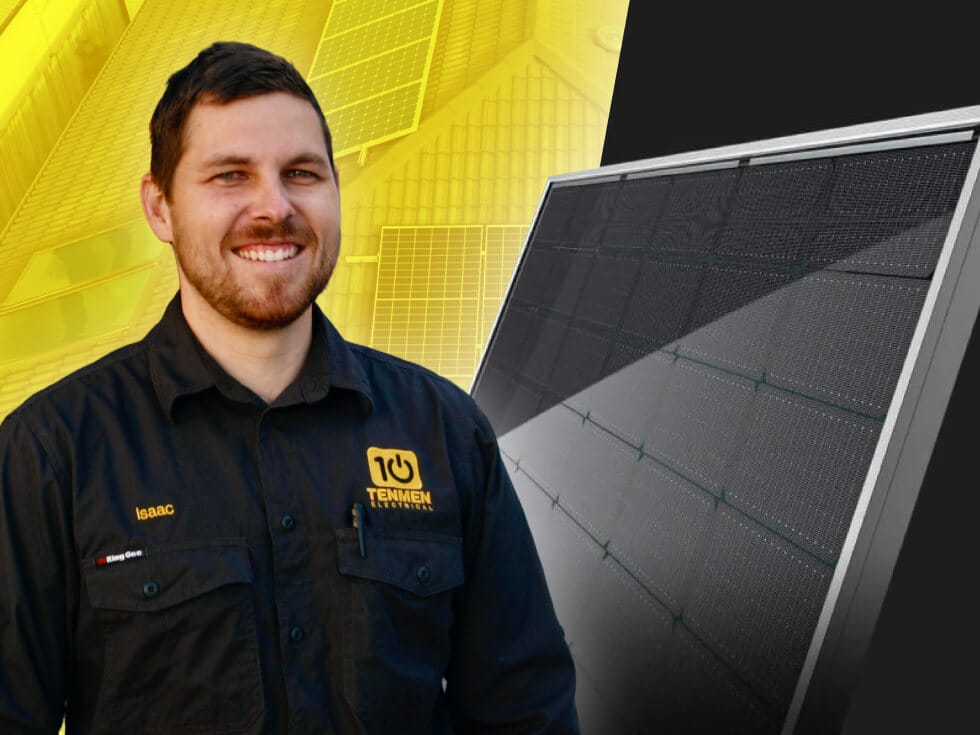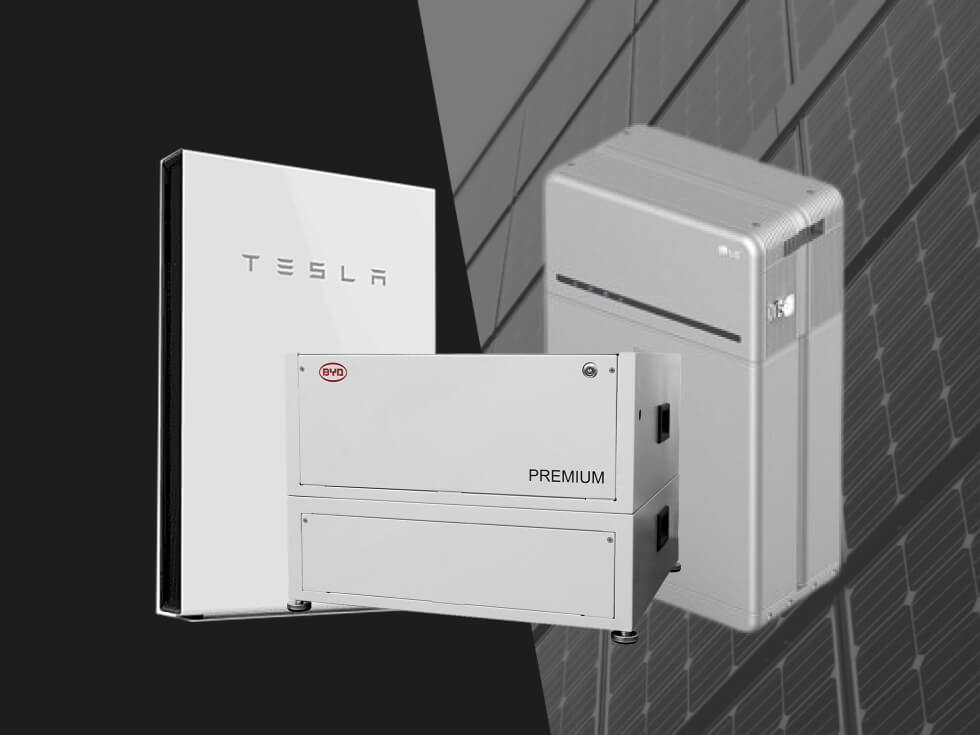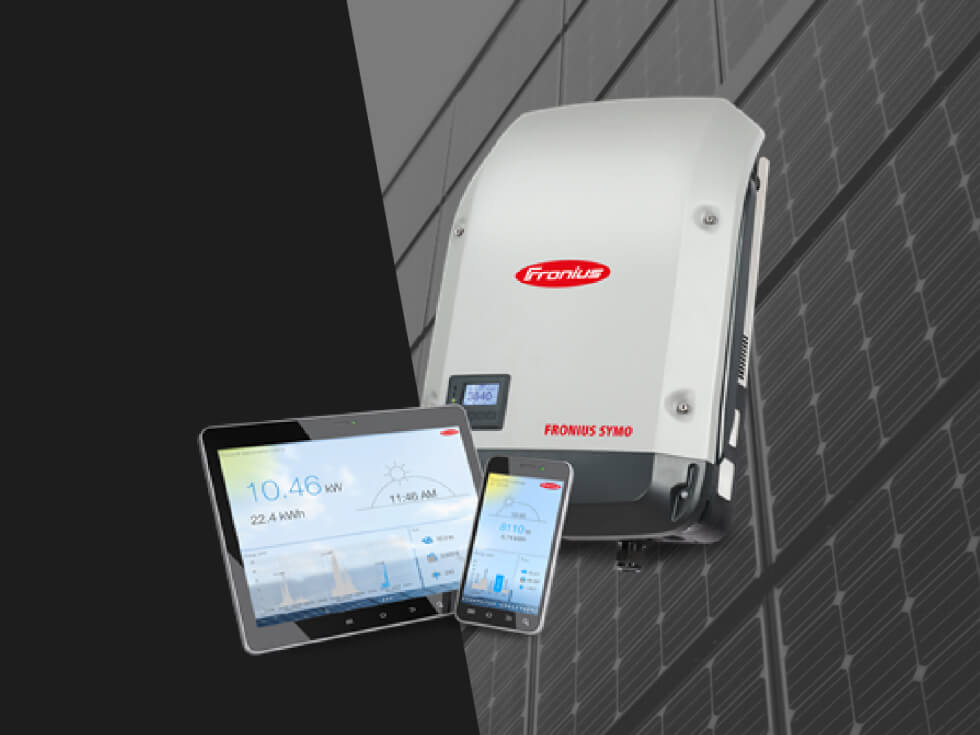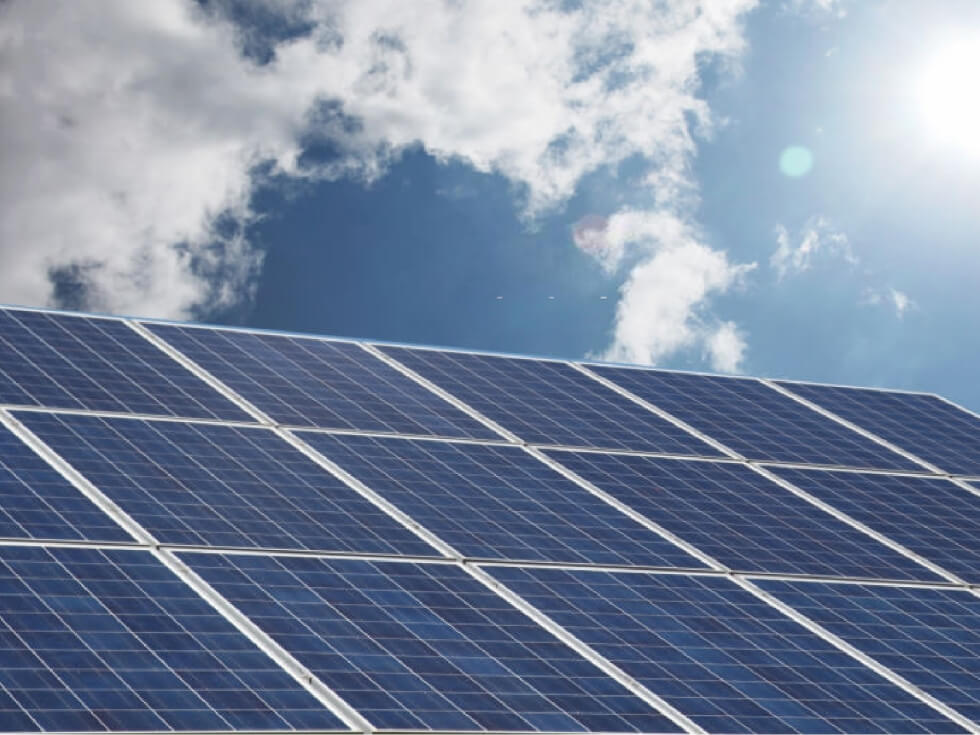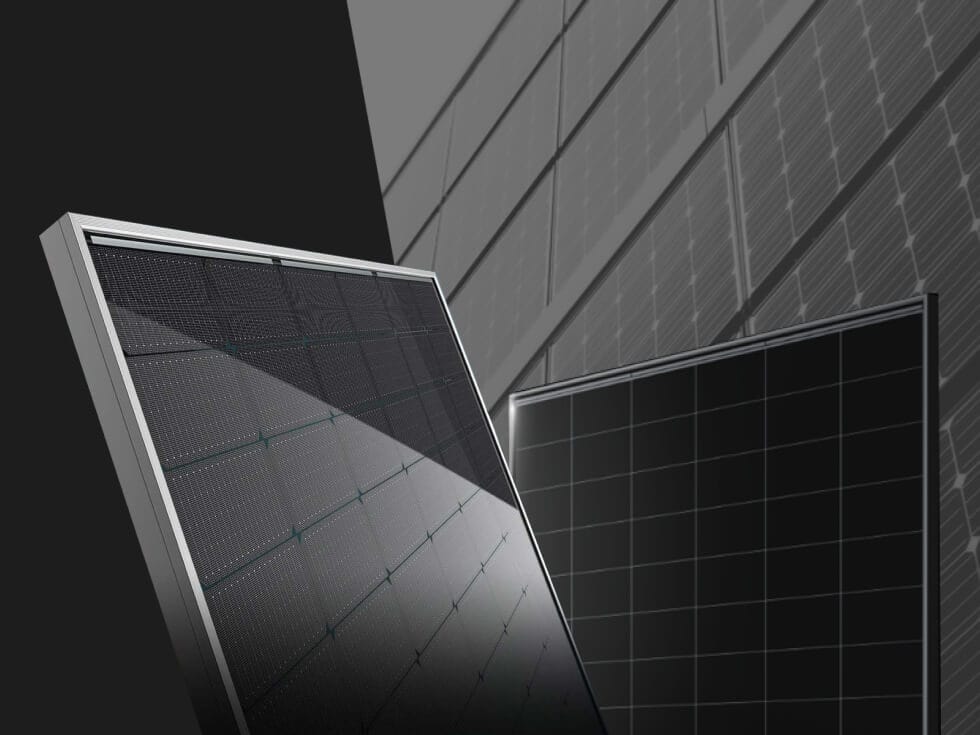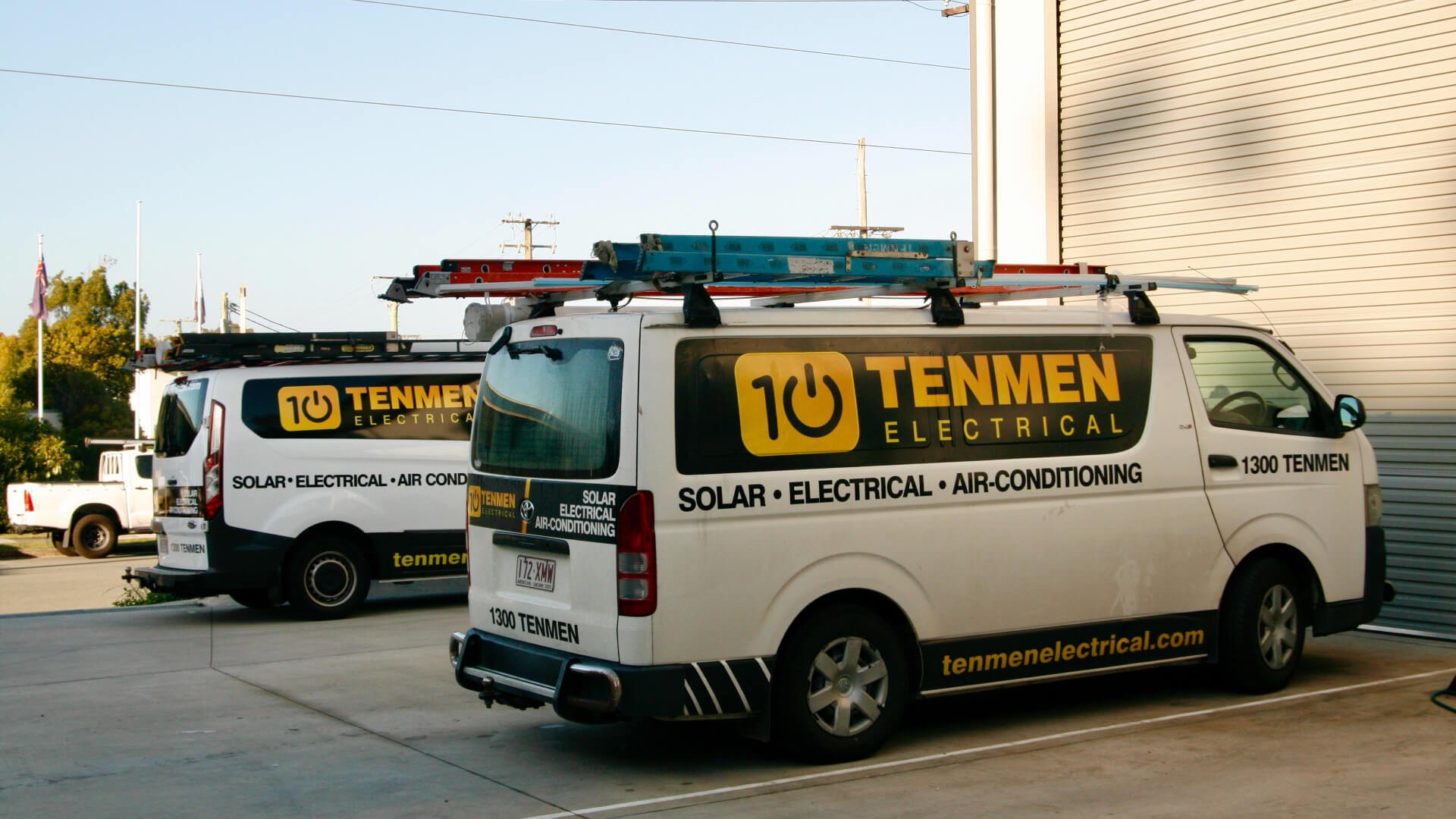Solar power is rapidly gaining ground as a renewable energy source in Australia. Yet, misconceptions about solar energy persist. We’re here to shed light on the facts and dispel common solar energy myths.
Solar panel efficiency has come a long way. Today’s residential panels boast a maximum efficiency rating of around 24%. This improvement, coupled with falling prices, has made solar power more accessible than ever. In fact, solar panel costs have plummeted by over 80% in the past decade.
Despite the increasing adoption of solar power, many myths about the technology still persist. One of the most common is the belief that solar panels only work in direct sunlight. In fact, modern solar panels are capable of generating electricity even on cloudy days, capturing energy from a wide range of light wavelengths. So, let’s dive deeper into the facts behind solar performance.
Key Takeaways
- Solar panel efficiency has reached up to 24% for residential use
- Solar energy works in various weather conditions, including cloudy days
- Panel prices have dropped by 80% in the last decade
- Solar systems require minimal upkeep, making them a hassle-free energy solution
- Most solar systems last about 25 years with minimal upkeep
Solar Energy Myths: Separating Fact from Fiction
Solar energy misconceptions abound, but we’re here to shed light on solar power facts. Many believe solar panels only work in sunny weather, yet they can generate 10-25% of their typical output on cloudy days. This proves that solar energy is a viable option even in less sunny climates.
Another common myth is that solar power is too expensive. In reality, many homeowners see a return on their investment within 5-7 years. With decreasing installation costs and increasing efficiency, solar has become more affordable than ever.
Concerns about maintenance are often exaggerated. Solar panels require minimal upkeep and most panels come with a 25-year warranty, highlighting their durability and longevity.
| Renewable Energy Myths | Solar Power Facts |
|---|---|
| Only works in sunny weather | Generates 10-25% output on cloudy days |
| Too expensive | ROI within 5-7 years |
| High maintenance | Minimal upkeep required |
| Short lifespan | 25-year warranty, potential to last longer |
As technology advances, solar power systems are becoming increasingly reliable. Improvements in battery storage technology are addressing concerns about energy availability during non-sunny periods. By dispelling these solar energy misconceptions, we hope to encourage more Australians to embrace this clean, renewable energy source.
Myth #1 – Solar Only Works in Sunny Weather
The Truth About Solar Panel Efficiency in Different Weather Conditions
Solar panel efficiency varies across different weather conditions. We often hear myths about solar panels only working on sunny days, but that’s far from true. Let’s explore how solar panels perform in various weather scenarios.
Performance on Cloudy Days
Contrary to popular belief, solar panels can generate electricity on cloudy days. They capture diffused sunlight, converting it into power. While efficiency might dip slightly, it’s not a complete loss. Germany, known for its overcast weather, leads in solar energy adoption, proving that cloudy days don’t hinder solar power generation.
Solar Energy Generation in Cold Climates
Cold climate solar performance might surprise you. Solar panels actually work better in cooler temperatures. The cold helps increase electrical conductivity, boosting overall efficiency. This makes solar a viable option even in regions with harsh winters.
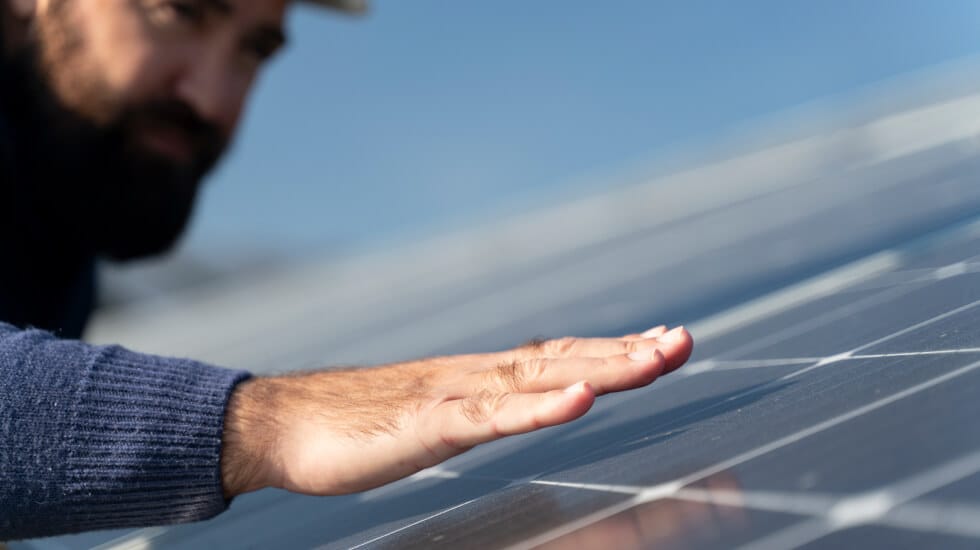
Impact of Rain and Snow on Solar Panels
Rain and snow don’t significantly impact solar panel efficiency. In fact, rain helps clean the panels, maintaining their performance. Snow usually slides off tilted panels, and any light that penetrates through can still generate electricity.
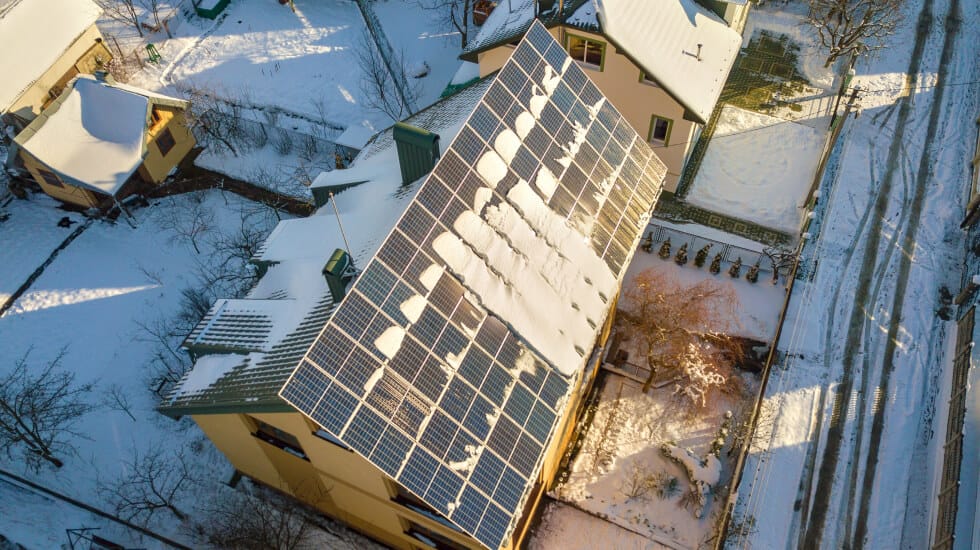
| Weather Condition | Impact on Solar Panel Efficiency |
|---|---|
| Sunny | Optimal efficiency |
| Cloudy | Reduced but still productive |
| Cold | Improved efficiency |
| Rainy | Minimal impact |
| Snowy | Temporary reduction |
Myth #2 – Solar Is Expensive
The Real Cost of Solar Panel Installation in Australia
Solar panel costs in Australia have dropped significantly in recent years. The solar installation Australia market also has seen a 30-40% decrease in prices over the last five years. This makes solar energy more accessible to homeowners across the country.
Initial Investment vs Long-Term Savings
While the upfront cost might seem high, the long-term savings are substantial. With about 2 million Australian homes and businesses already reaping the benefits of solar power, it’s clear that many find the investment worthwhile. The initial outlay varies depending on system size and quality, but the reduction in energy bills over time can be significant.
Government Incentives and Rebates
Solar rebates play a crucial role in making solar more affordable. The Australian Government offers incentives through programs like the Renewable Energy Target and Small Scale Technology Certificates. These solar rebates can significantly reduce the initial solar panel cost, making the switch to solar more appealing.
Payback Period for Solar Systems
The average solar payback period varies across different states in Australia:
- New South Wales: 4 to 5 years
- Queensland: Around 5 years
- South Australia: 3 to 5 years
- Victoria: 7 to 8 years
- Western Australia: 5 to 6 years
It’s important to note that while cheaper systems might seem attractive, they may not pay for themselves faster due to lower efficiency and potential long-term issues. Investing in quality solar panels can lead to better performance and a shorter payback period.
Myth #3 – Solar Systems Are High Maintenance
Solar panel maintenance is far simpler than many Australians believe. With no moving parts, solar systems require minimal upkeep, making them a hassle-free energy solution. Regular cleaning solar panels and professional checkups once every 1-2 years are often the only tasks needed to keep your system running smoothly.
We find that most solar system upkeep involves a quick rinse with water to remove dust and debris. This simple action helps maintain optimal efficiency. For those living in areas with frequent rain, nature often takes care of this task for you. Apart from these weather-related cleaning tasks, we recommend a professional preventive maintenance session once a year.
Solar panel maintenance costs are surprisingly low. While inverters might need replacement after 10-12 years, most issues are covered under manufacturer warranties. This means you’re protected against unexpected expenses for a significant portion of your system’s life.
- Clean panels with water to remove debris
- Rain often provides natural cleaning
- Inverter replacement is the main long-term maintenance cost
- Manufacturer warranties cover most issues
The durability of solar panels is impressive. They’re designed to withstand various weather conditions and can last for decades.
With minimal solar panel maintenance, your system can continue generating clean energy for your home year after year, making it a wise investment for Australian households.
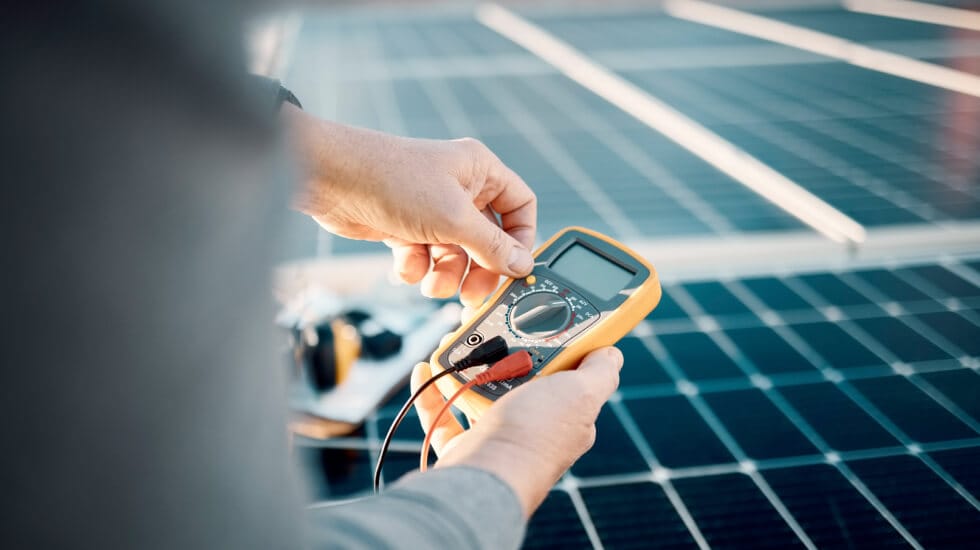
Myth #4 – Solar Panels Have a Short Lifespan
Solar Panel Lifespan and Durability: Built to Last
Solar panels are a long-term investment in clean energy. We’ve seen remarkable improvements in solar panel lifespan and durability over the years. These advancements have made solar energy an increasingly attractive option for Australian homeowners and businesses.
Average Lifespan of Solar Panels
Solar panel lifespan typically ranges from 25 to 30 years. Many panels continue to perform well beyond this period. The efficiency of solar panels decreases gradually, with an average degradation rate of only 0.5% per year. This means your panels will still generate a significant amount of power even after decades of use.
Factors Affecting Panel Longevity
Several factors influence the durability of solar panels:
- Quality of materials used in manufacturing
- Installation techniques
- Local climate conditions
- Regular maintenance and cleaning
High-quality panels installed by experienced professionals in suitable locations tend to last longer. Also, periodic professional maintenance and regular cleaning can help extend their lifespan.
Warranty Considerations
Solar warranties are a testament to the confidence manufacturers have in their products. Most reputable companies offer performance warranties ranging from 25 to 30 years. These solar warranties typically guarantee that panels will maintain a certain percentage of their original output over time.
| Warranty Type | Common Duration | Coverage |
|---|---|---|
| Product Warranty | 10-12 years | Defects in materials and workmanship |
| Performance Warranty | 25-30 years | Power output guarantee |
With their long lifespan, durability, and robust warranties, solar panels offer a reliable and sustainable energy solution for Australian homes and businesses.
Solar Energy’s Performance: A Reliable Power Source
We’ve seen solar energy emerge as a consistent energy source in Australia. Modern solar systems are built tough, ready to face our harsh weather. They can handle heavy rain, high winds and even snow with ease. This durability makes solar energy reliability a key factor in its growing popularity.
The National Renewable Energy Laboratory confirms that solar panels work well in various weather conditions. In fact, some panels even perform better in cooler temperatures. This means solar power isn’t just for sunny Queensland – it’s a viable option across our diverse climate zones.
Renewable power stability is further enhanced by energy storage solutions. The excess power can be stored and used when the sun isn’t shining or fed back into the grid, potentially reducing energy bills to zero.
With a lifespan of 25-30 years and an efficiency decline of just 0.5% per year, solar panels offer long-term renewable power stability. They’re not just reliable – they’re also eco-friendly, with a carbon footprint far lower than fossil fuels. It’s clear that solar energy is becoming an integral part of Australia’s energy mix.
If this article helped you decide on investing into a solar system for your Sunshine Coast home or business, give us a call and the Tenmen crew will be happy to assist you with any questions and related services.



